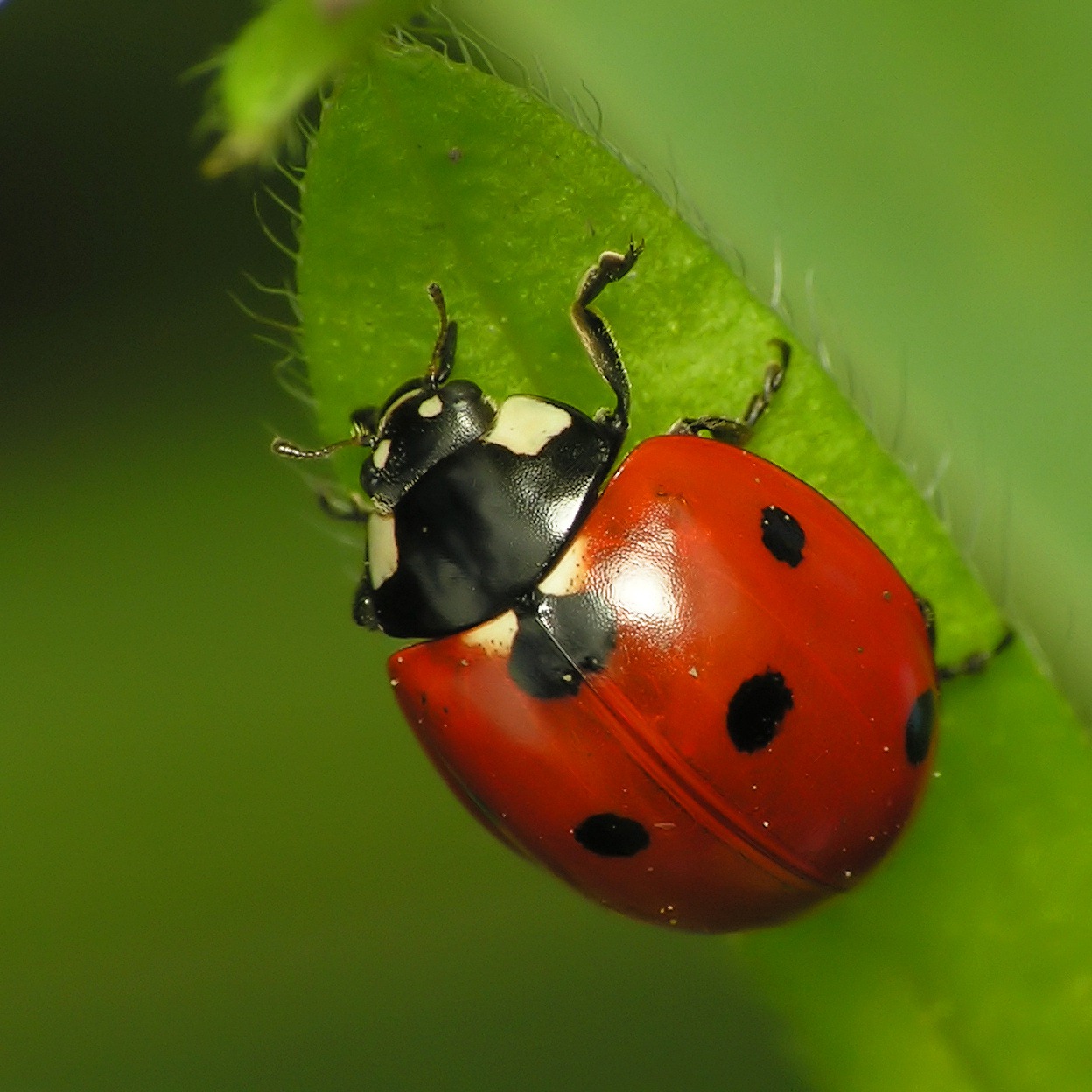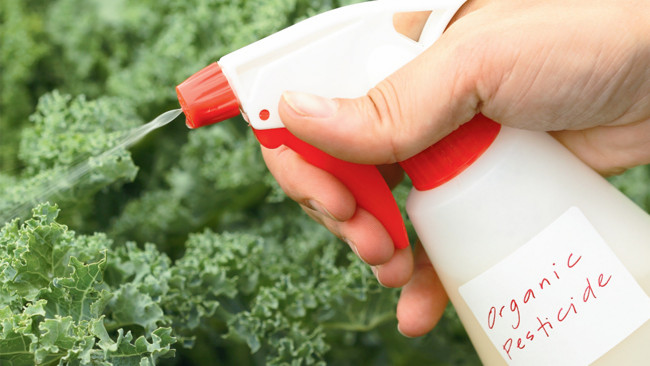(Homesteading.news) We all love organic food because we know going natural is better for our families. And, as growing season approaches, now is the time to talk about how best to keep your plants and vegetables pest-free without using dangerous chemicals that can leach into nearby waterways and soil.
There are several natural pesticide recipes you can safely make at home. What’s more, they are extremely effective at keeping pests away from your food crops. And here’s more good news: Making natural pesticides will also save you money because you’re using low-cost common ingredients.

First, here are a few tips to ensure that your pesticide brew won’t actually harm your plants:
- Test your batch on a small set of leaves. If they wilt, change color or burn, then you’ll need to dilute your solution somewhat. Do that, then test again.
- Don’t spray your plants if there is rain in the forecast for that day. The rain will just wash away your pesticide.
- Don’t spray on extremely hot, sunny days. Best to treat later in the afternoon/evening, when the sun is going down.
- Make sure to coat underneath leaves as well as on top.
- To prevent plant damage, don’t overspray; just apply once every couple of days to avoid burning your plants.
Alright, with that in mind, let’s get to some pesticide recipes:
Alcohol spray
Using some rubbing alcohol, mix a half a cup of alcohol with one quarter of water and 2 to 3 tablespoons of dry laundry soap. Stir the ingredients until the soap is dissolved and pour into a spray bottle.
This mixture is really effective for indoor plants and works the best against meal bugs. But use it as soon as you mix it, otherwise the ingredients will separate, which will render it ineffective.
Garlic or Onion Spray

This is one of the most common organic pesticides and one of the most effective. Dice a garlic bulb (or purchase diced garlic) into a quart of boiling water, and add a tablespoon of cayenne pepper. You can also add a diced onion [do you have any growing naturally, in your yard?].
Let the ingredients simmer on the stove for about an hour. Once it cools, add some to a spray bottle. You can spray plants indoors and outdoors or, for outdoor plants, you can pour the solution around your garden. The solution can be stored in your refrigerator for up to a week.
Neem Oil
You can mix a tablespoon of neem oil with a 2-3 teaspoons of mild liquid soap, then about one-half to two-thirds of a gallon of warm water and mix well. Pour it into a spray bottle and spray the infected plant.
Salt
This is one of the easiest natural pesticides. Simply stir in two tablespoons of crystal salt into a gallon of warm water, mix completely, then spray over both indoor and outdoor plants. This solution works well against spider mites, cabbageworms and slugs.
Remember, also, that some insects are actually beneficial. For instance, Brachonids,Chalcids and Ichneumon Wasps are natural predators of leaf-eating caterpillars; planting carrots, celery and parsley attracts them.
Ladybugs eat aphids, mites and whiteflies; they are attracted to daisies.

Lacewings eat aphids and other insects, and are attracted to yarrow, goldenrod, black-eyed Susan’s and asters. They can even be purchased online and released into your garden.
Praying Mantis’s have a large appetite for just about any other insects.
Homesteading.news is part of the USA Features Media network of sites.


